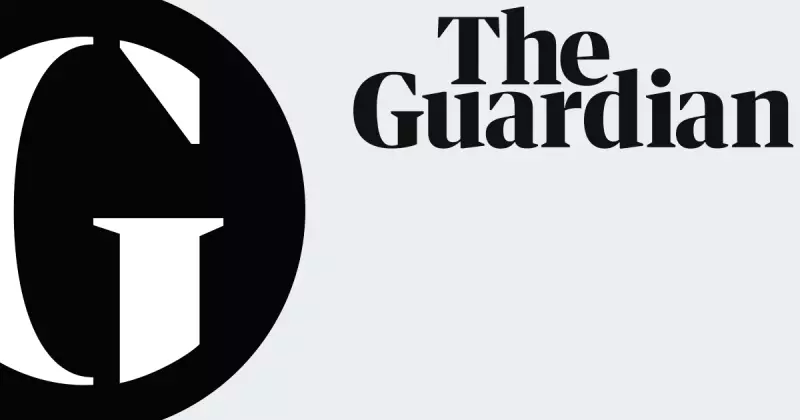
The Guardian has implemented significant updates to its terms and conditions, introducing explicit prohibitions against using its content for artificial intelligence training and strengthening rules around user-generated content. These changes affect all users accessing the digital network through various platforms including web, mobile apps, and digital television.
Key Changes to Content Usage Rights
One of the most notable updates concerns the protection of Guardian Content against unauthorised commercial exploitation. The revised terms explicitly forbid users from using, copying, scraping, or extracting Guardian Content for machine learning, artificial intelligence training, or text and data mining purposes. This includes any caption information, keywords, or associated metadata.
The newspaper has reinforced its intellectual property rights, stating that Guardian is the sole owner or licensee of all content on its digital platforms. The terms now specify that automated devices, programs, or algorithms - including robots, bots, spiders, scrapers, and crawlers - are prohibited from gathering, mining, collecting, reading, scraping, or extracting Guardian Content without prior written approval.
Enhanced User Responsibilities and Content Submission
Users submitting content to Guardian platforms now face stricter guidelines. The updated terms clarify that by posting content, users grant Guardian an unconditional, irrevocable, non-exclusive, royalty-free, fully transferable, perpetual worldwide licence to use, publish, and transmit their submissions across any format and platform.
The terms specifically warn against posting content that is obscene, threatening, harassing, libellous, deceptive, fraudulent, or invasive of privacy. Users are prohibited from posting material that victimises individuals or groups based on religion, gender, sexual orientation, race, colour, creed, ethnicity, national origin, citizenship, age, marital status, military status, or disability.
Account Management and Regional Variations
Registered users now have clearer instructions for account termination. While standard accounts can be deleted through account settings, users with active memberships, contributions, or subscriptions cannot automatically delete their accounts online and must follow specific deletion procedures.
The terms maintain different provisions for users accessing from the United States and Australia, including additional disclaimers and limitations of liability. US users are subject to Digital Millennium Copyright Act procedures, while Australian users have specific consumer law protections that cannot be excluded.
Guardian has also clarified its advertising policies, stating it is the sole direct seller of advertising on its platforms and warning against dealing with unauthorised third parties for ad placement. The terms confirm that Guardian Ad-Lite subscribers will not see personalised advertising on the website.
Strengthened Enforcement Measures
The updated terms give Guardian broad discretion to restrict or cancel user access immediately and without prior notice if it believes terms have been violated. Users must indemnify Guardian against any damages, losses, or liabilities arising from breaches of the terms and conditions.
The changes, implemented through various updates between February 2023 and November 2025, reflect Guardian's ongoing efforts to protect its digital content while adapting to evolving technological challenges in the media landscape.





